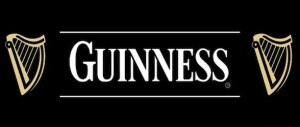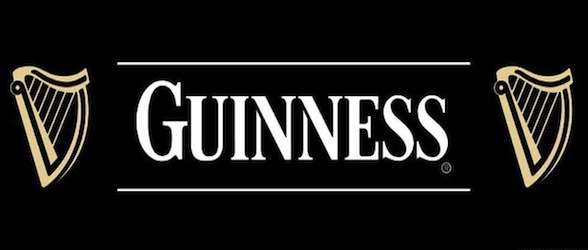
Yesterday, I announced a boycott of Guinness, Heineken, and Sam Adams: the first two brewers pulled out of sponsoring the St. Patrick’s Day parade in New York City; the latter withdrew from the Boston parade. Prudence dictates that we concentrate our efforts on just one: we’ve settled on Guinness.
Bostonians are best suited to boycotting Sam Adams—the effort is already under way—and those who favor Heineken will hopefully send its executives a message as well. We have chosen Guinness (owned by Diageo) for two reasons: (a) when multiple targets are selected for a boycott, the effectiveness of the effort is diluted, and (b) Guinness is the biggest and most prominent of the three brewers.
Over the course of the next few days, we will have a mass mailing to Catholic organizations, and Irish groups, asking them to join us in boycotting Guinness. Once fair-minded persons know that this entire controversy is contrived—no gays and lesbians have ever been banned from marching in any St. Patrick’s Day parade—they will no longer buy Guinness, or ask the company to sponsor one of their events.
The corporate officers at Guinness who think they can get away with this in-your-face gesture are sadly mistaken. The demographics are working against them: Young people are drawn to craft beers; it’s older Americans, heavily Irish Catholic, who buy Guinness, and they are also the most likely to draw a line in the sand when angered.
This Guinness insult has more to do with anti-Catholicism than with anti-Irish sentiment. Gay activists, and their tony heterosexual buddies, don’t have a beef with the Irish—they seek to punish Catholics for holding to traditional moral beliefs. It’s the religious element to these parades, not the ethnic factor, that is motivating Guinness to act like a corporate bully.
Contact Alix Dunn, Director of External Communications, Diageo North America: Alix.Dunn@diageo.com








